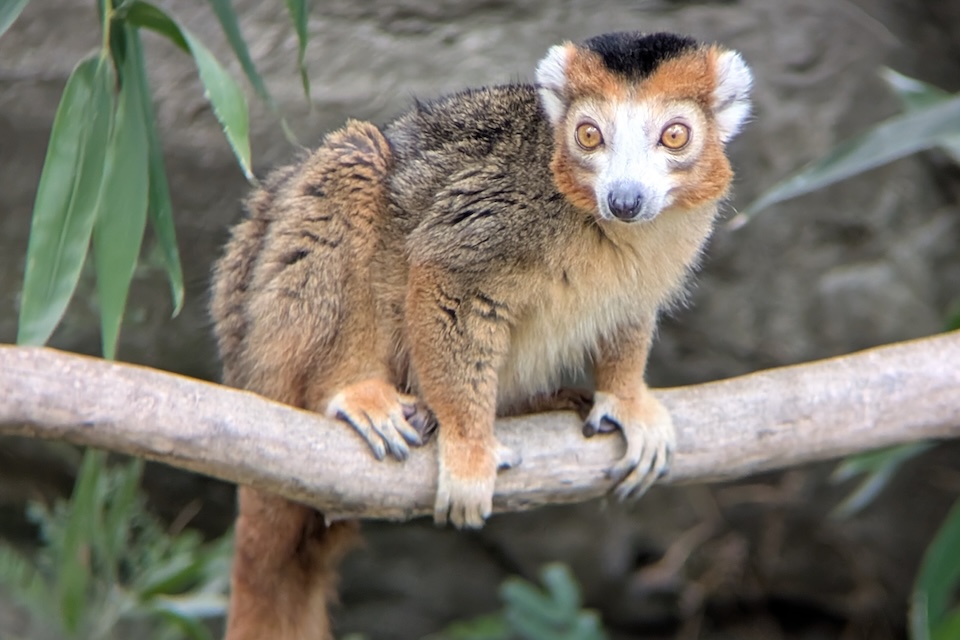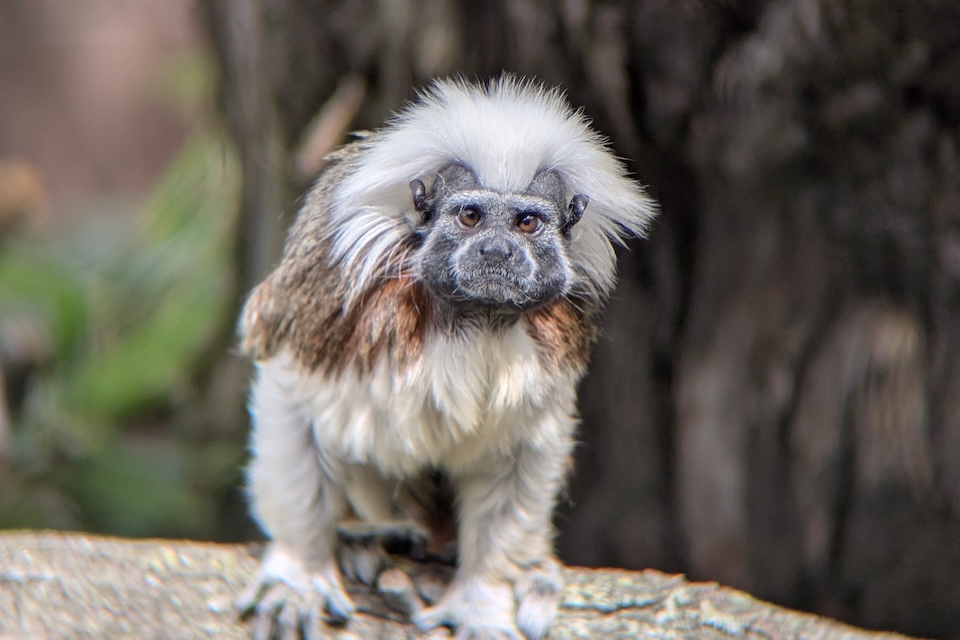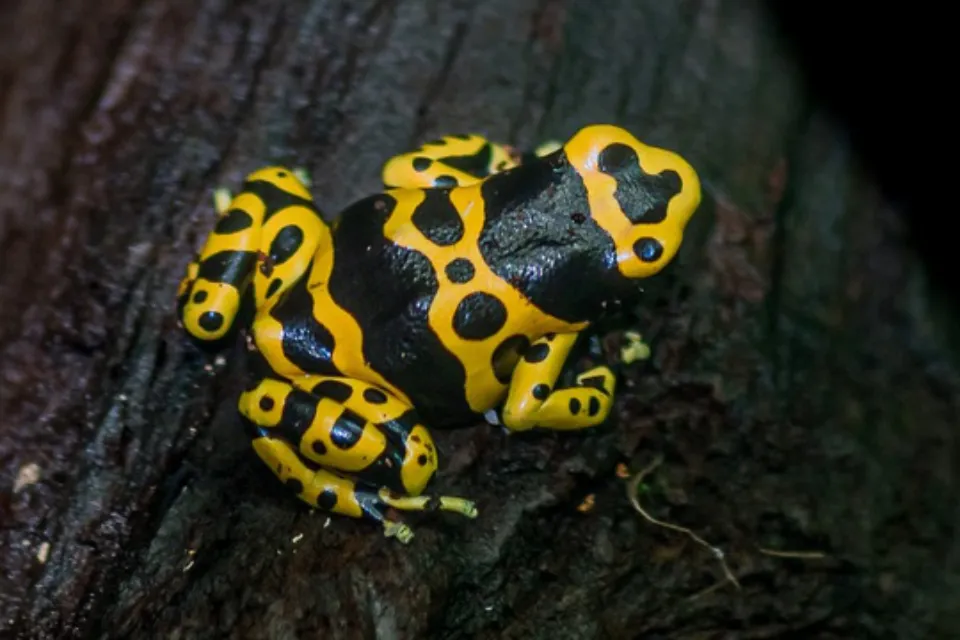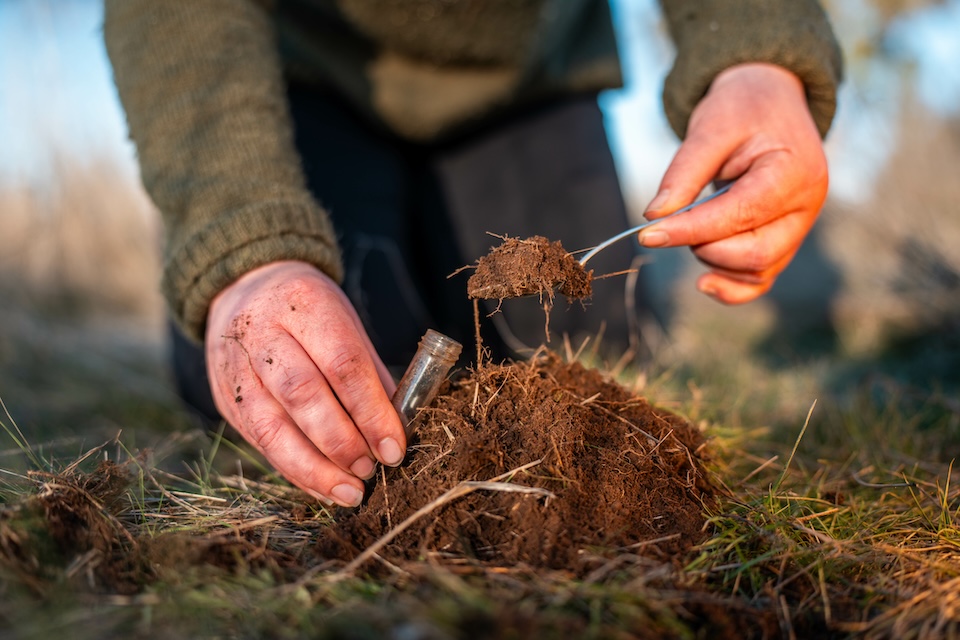Bring your class to the Zoo and experience a day full of adventure! ZooSchool includes a classroom lesson followed by a guided tour of the Zoo. Outdoor lunch space is reserved for participants. When ZooSchool is over, classes are welcome to explore the Zoo.
OUSD Title 1 schools are eligible for Zoo-to-Community support, providing funds and space are available.
Bookings for Grades 6–8 Coming Soon
ZooSchool programs are designed to support CA State Standards and Next Generation Science Standards.

The five things required of all living organisms to survive include water, air, shelter, food, and space—but is that enough to keep animals happy? Just like humans, playing and having something fun or interesting to do can be just as important to an animal’s health as getting food and water. Through observation, students will discover what animals need to survive and that some animals need more to lead an enriching life!
The Kindergarten program is a 30-minute classroom program only and DOES NOT INCLUDE a guided exploration of the zoo.
K-LS1.C: Animals have many needs in order to survive, including air, water, and food

Can you hear with your feet? Do you smell with your mouth? Might sound strange to us, but for different animals, using your body parts in different ways is key to survival. Together we’ll use some or our senses to see how animals use their bodies and various senses to survive in the wild.
LS1.A: Structure and Function
LS1.D: Information Processing

How do plants get from one place to another if they can’t move? Plants have five primary mechanisms for moving seeds. In this class, students will learn the ways that seeds are dispersed, and plants are pollinated, specifically focusing on animals' roles in pollination and helping seeds move along to grow in other places.
2-LS2-2: Ecosystems: Interactions, Energy, and Dynamics
2-LS2.A: Interdependent Relationships in Ecosystems
2-LS4-1: Biological Evolution: Unity and Diversity
ELA G2:M4: Providing for Pollinators

Why are polar bears white? Why does a camel have a hump? What would happen if the bear moved to the desert and the camel transferred to the tundra? Join us as we explore the world of animal adaptations and how each habitat affects the animals that live there—and vice versa!
3-LS2.C: Ecosystems: Interactions, Energy, and Dynamics
3-LS4.C: Adaptation
3-LS4.D: Biodiversity and Humans

What is an animal defense mechanism? What is a predator? What is prey? What defenses do animals take to protect themselves? Students will discover, talk about, and write about different defense mechanisms that animals use to survive.
ELA G4:M2:U1: Animal Defense Mechanisms
4-LS1-1: From Molecules to Organisms: Structures and Processes
4-LS1.A: Structure and Function

There are four basic resources for any animal species’ survival: food, water, shelter, and ample space. As the population grows and the habitat is used more, sometimes resources decline to a point at which the population can no longer be supported. Students will discover the importance and fragility of ecosystems by thinking critically and reimagining the world with the loss of animal species and the importance of resource availability.
4-LS1-1, 4-LS1-2: From Molecules to Organisms: Structures and Processes
4-ESS3-2: Earth and Human Activity
MS-LS4: Biological Evolution: Unity and Diversity

Herbivores eat plants, the carnivores eat them, and the decomposers always win in the end. All organisms "work" together to provide a healthy ecosystem—that's interdependence! So what happens when one is taken out of the equation? What happens when one is added to the balance? Students will discover the importance and fragility of ecosystems by thinking critically and reimagining the world with the loss of important keystone species and the addition of invasives.
5-LS2.A: Interdependent Relationships in Ecosystems
5-ESS3-1: Earth and Human Activity
MS-ESS3-4: Human Impacts on Earth Systems
Coming Spring 2026

Explore the complex relationships that help keep ecosystems thriving! In this two-session program, students step into the role of land stewards to investigate how environmental management impacts the balance between living organisms and their physical surroundings. Through interactive activities and case studies, students will discover how land has been cared for in the past—particularly by Indigenous communities—and how these practices inform today’s park management strategies. This program encourages students to think critically about who historically managed California’s parklands, who does so today, and how informed stewardship supports resilient ecosystems. Students will leave with a deeper understanding of their role in protecting the places we all share.
COURSE AVAILABLE SPRING 2026 | The Middle School program is a two-session program (50 minutes each for a total of 100 minutes) at your school site. This program does not include a zoo visit.
EL Education, ELA 2019 G6:M4 - Remarkable Accomplishments: Celebrating accomplishments of folks who are overlooked in history.
NGSS MS-LS2.A, MS-LS2-1 - Interdependent Relationships in Ecosystems: Organisms, and populations of organisms, are dependent on their environmental interactions both with other living things and with nonliving factors.
NGSS MS-LS2.C, MS-LS2-4 - Ecosystem Dynamics, Functioning, and Resilience: Ecosystems are dynamic in nature; their characteristics can vary over time. Disruptions to any physical or biological component of an ecosystem can lead to shifts in all its populations.

The five things required of all living organisms to survive include water, air, shelter, food, and space—but is that enough to keep animals happy? Just like humans, playing and having something fun or interesting to do can be just as important to an animal’s health as getting food and water. Through observation, students will discover what animals need to survive and that some animals need more to lead an enriching life!
The Kindergarten program is a 30-minute classroom program only and DOES NOT INCLUDE a guided exploration of the zoo.
K-LS1.C: Animals have many needs in order to survive, including air, water, and food

Can you hear with your feet? Do you smell with your mouth? Might sound strange to us, but for different animals, using your body parts in different ways is key to survival. Together we’ll use some or our senses to see how animals use their bodies and various senses to survive in the wild.
LS1.A: Structure and Function
LS1.D: Information Processing

How do plants get from one place to another if they can’t move? Plants have five primary mechanisms for moving seeds. In this class, students will learn the ways that seeds are dispersed, and plants are pollinated, specifically focusing on animals' roles in pollination and helping seeds move along to grow in other places.
2-LS2-2: Ecosystems: Interactions, Energy, and Dynamics
2-LS2.A: Interdependent Relationships in Ecosystems
2-LS4-1: Biological Evolution: Unity and Diversity
ELA G2:M4: Providing for Pollinators

Why are polar bears white? Why does a camel have a hump? What would happen if the bear moved to the desert and the camel transferred to the tundra? Join us as we explore the world of animal adaptations and how each habitat affects the animals that live there—and vice versa!
3-LS2.C: Ecosystems: Interactions, Energy, and Dynamics
3-LS4.C: Adaptation
3-LS4.D: Biodiversity and Humans

What is an animal defense mechanism? What is a predator? What is prey? What defenses do animals take to protect themselves? Students will discover, talk about, and write about different defense mechanisms that animals use to survive.
ELA G4:M2:U1: Animal Defense Mechanisms
4-LS1-1: From Molecules to Organisms: Structures and Processes
4-LS1.A: Structure and Function

There are four basic resources for any animal species’ survival: food, water, shelter, and ample space. As the population grows and the habitat is used more, sometimes resources decline to a point at which the population can no longer be supported. Students will discover the importance and fragility of ecosystems by thinking critically and reimagining the world with the loss of animal species and the importance of resource availability.
4-LS1-1, 4-LS1-2: From Molecules to Organisms: Structures and Processes
4-ESS3-2: Earth and Human Activity
MS-LS4: Biological Evolution: Unity and Diversity

Herbivores eat plants, the carnivores eat them, and the decomposers always win in the end. All organisms "work" together to provide a healthy ecosystem—that's interdependence! So what happens when one is taken out of the equation? What happens when one is added to the balance? Students will discover the importance and fragility of ecosystems by thinking critically and reimagining the world with the loss of important keystone species and the addition of invasives.
5-LS2.A: Interdependent Relationships in Ecosystems
5-ESS3-1: Earth and Human Activity
MS-ESS3-4: Human Impacts on Earth Systems

Explore the complex relationships that help keep ecosystems thriving! In this two-session program, students step into the role of land stewards to investigate how environmental management impacts the balance between living organisms and their physical surroundings. Through interactive activities and case studies, students will discover how land has been cared for in the past—particularly by Indigenous communities—and how these practices inform today’s park management strategies. This program encourages students to think critically about who historically managed California’s parklands, who does so today, and how informed stewardship supports resilient ecosystems. Students will leave with a deeper understanding of their role in protecting the places we all share.
COURSE AVAILABLE SPRING 2026 | The Middle School program is a two-session program (50 minutes each for a total of 100 minutes) at your school site. This program does not include a zoo visit.
EL Education, ELA 2019 G6:M4 - Remarkable Accomplishments: Celebrating accomplishments of folks who are overlooked in history.
NGSS MS-LS2.A, MS-LS2-1 - Interdependent Relationships in Ecosystems: Organisms, and populations of organisms, are dependent on their environmental interactions both with other living things and with nonliving factors.
NGSS MS-LS2.C, MS-LS2-4 - Ecosystem Dynamics, Functioning, and Resilience: Ecosystems are dynamic in nature; their characteristics can vary over time. Disruptions to any physical or biological component of an ecosystem can lead to shifts in all its populations.
Eunice Hui
Operations Coordinator
Oakland Zoo Learning and Engagement
(510) 632-9525 x219
EducationReservations@oaklandzoo.org
Frequently Asked Questions